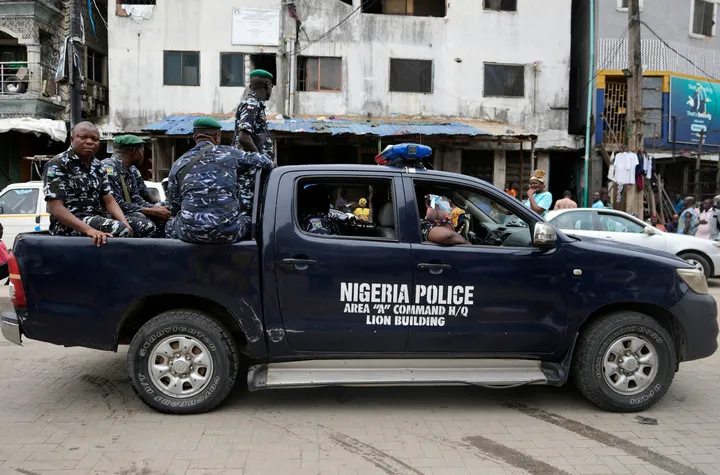The crisis over control of executive power in Libya could lead to instability and parallel governments, the UN political affairs chief has told the Security Council.
"Libya is now facing a new phase of political polarisation, which risks dividing its institutions once again and reversing the gains achieved over the past two years," Rosemary DiCarlo said on Wednesday.
She called for "credible, transparent and inclusive elections based on a sound constitutional and legal framework," which she said is the "only solution to the current stalemate."
DiCarlo also urged members of the Council to help convey her call to Libyan parties.
She asked Libyan authorities to "remain united in support of UN efforts to assist Libya in its path to becoming a peaceful and stable country".
"We have observed increasingly threatening rhetoric, growing political tensions and divided loyalties among the armed groups in western Libya," DiCarlo said.
She added that there had been worrying developments, including the suspension of domestic flights inside Libya and movement last week by some forces backing either side towards the capital.
READ MORE: Veiled threats, foreign fighters, and the race for legitimacy in Libya
Escalating political crisis
Libya's political crisis has escalated since the collapse of a scheduled election in December that was planned as part of a peace process to reunify the country after years of chaos and war following a 2011 NATO-backed uprising.
The parliament declared the interim unity government that was meant to oversee the run-up to elections as expired, and appointed Fathi Bashagha as the new prime minister this month.
The unity government's prime minister Abdulhamid Dbeibah has refused to cede power, however, and armed factions supporting each side have mobilised in and around the capital.
The United Nations is seeking to resolve the crisis by pushing for new elections soon and has asked political bodies to join a committee to resolve constitutional and legal disputes that helped torpedo December's planned vote.
READ MORE:UN offers mediation to put Libya back on path to election























